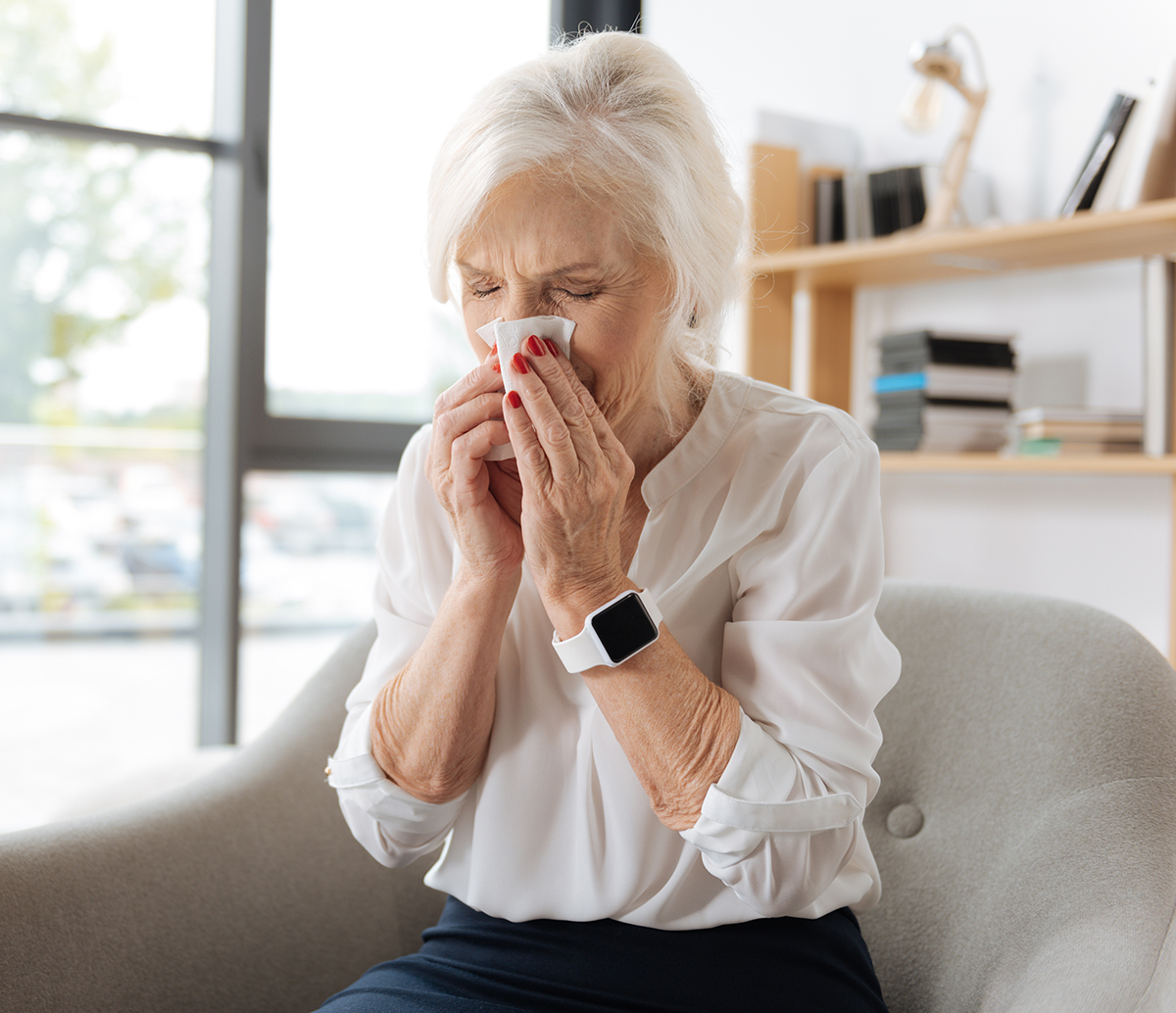Help us Help you during this Flu Season

The 2017/2018 Flu Season is already proving to be a challenge especially for the elderly. You can help us help you and our residents by being knowledgeable about Seasonal Flu. The following information is from the CDC (Centers for Disease Control and Prevention).
Take Time to Get a Flu Vaccine
CDC recommends a yearly flu vaccine as the first and most important step in protecting against flu viruses. While there are many different flu viruses, a flu vaccine protects against the viruses that research suggests will be most common. Flu vaccination can reduce flu illnesses, doctors’ visits, and missed work and school due to flu, as well as prevent flu-related hospitalizations. Vaccination of high risk persons is especially important to decrease their risk of severe flu illness. People at high risk of serious flu complications include young children, pregnant women, people with chronic health conditions like asthma, diabetes or heart and lung disease and people 65 years and older. For this reason, we campaign heavily each year for all residents as well as staff to obtain the flu vaccine which is administered free of charge.
Take Everyday Precautions to Prevent the Spread of Flu
For your protection, you will notice there is a “Flu Station” at the main entrance of our facility. If you have a runny nose, sore throat or you are coughing please protect your loved one and the other residents of our center by taking precautions to prevent the spread of the bacteria that may cause an infection in our centers.
Each station at a minimum has masks, gloves and containers of hand sanitizer. Please do not feel self-conscious about utilizing these preventative measures. As a matter fact, our staff will give you a BIG THUMBS UP for your precaution and thoughtfulness! The following are a few tips to help you in the community to prevent the spread of flu:
- Try to avoid close contact with sick people.
- While sick, limit contact with others as much as possible to keep from infecting them. If you are sick with flu-like illness, CDC recommends that you stay home for at least 24 hours after your fever is gone except to get medical care or for other necessities. (Your fever should be gone for 24 hours without the use of a fever-reducing medicine.)
- Cover your nose and mouth with a tissue when you cough or sneeze. Throw the tissue in the trash after you use it.
- Wash your hands often with soap and water. If soap and water are not available, use an alcohol-based hand rub.
- Avoid touching your eyes, nose and mouth. Germs spread this way.
- Clean and disinfect surfaces and objects that may be contaminated with germs
As a reminder, the Flu Season starts October 1st of each year and ends March 31st of the following year. This means you still have time do your part in keeping yourself and your loved ones safe and healthy this Flu Season. If you have any additional questions, our healthcare staff will be happy to assist you.
Reference: www.cdc.gov/flu/consumer/prevention.htm
The Clinical Corner is brought to you by our Clinical Consultant, Joleann Beene, RN-BC, FACDONA, CDP.
![Morganfield Nursing & Rehabilitation [logo]](https://www.morganfieldnursing.com/wp-content/uploads/sites/100/2017/05/logo.png)